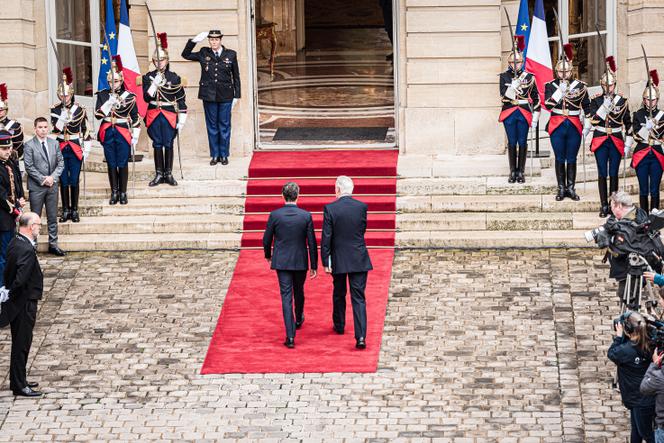


The tango between Emmanuel Macron and the right since 2017 has taken a new turn with the appointment of Michel Barnier as prime minister. For years, the French president consistently worked to weaken the conservative Les Républicains (LR) party, aiming to absorb its voter base, while also needing its lawmakers to pass legislation through Parliament after the loss of his majority in 2022. Despite this, he has never been in favor of a coalition with the right, unwilling to share his power with "a party that scored 4% in the presidential election." The dissolution of the Assemblée Nationale triggered on June 9 eventually forced both sides to make a "deal."
On Thursday, Macron called former Socialist prime minister Bernard Cazeneuve, telling him that his "own friends" had sabotaged the possibility of his appointment as prime minister with "painstaking care." In reality, the president never wanted to risk seeing his record being undone. Cazeneuve, reportedly under pressure from the left-wing Nouveau Front Populaire coalition in the Assemblée, made it clear that he would not be "a left-wing prime minister conducting right-wing politics." While Macron is willing to acknowledge the fact that he lost the election, he has no intention to shift his policy, maintaining that "nobody won" in the snap legislative elections.
On substance, Macron has more in common with the right than with the left. Concerned about public finances, Barnier even supported raising the retirement age to 65 during the LR presidential primary in the fall of 2021. Known within LR as a "disappointed Macronist," Barnier had already been was already considered for the role of prime minister in 2020. Since then, the former Brexit negotiator has kept in touch with the president's chief of staff, Alexis Kohler, pushing his interests with this powerful ally, who strongly advocated for Barnier's appointment, seeing him as a safe and orthodox choice.
Since the official announcement, the Elysée, which has rejected the word "cohabitation," preferring "coexistence" or "demanding cooperation," has been busy staging a supposed shift in the president's approach, notably by putting an end to the practice of advisers splitting their time between the Elysée and the prime minister's residence at Matignon. However, by appointing the calm and courteous Barnier, who has never been a flamboyant figure on the right, Macron is hoping to keep a firm grip on things.
But Barnier has always hated being underestimated. During the handover from former prime minister Gabriel Attal on Thursday, Barnier made it clear from the outset that he had no intention of being reduced to the role of executor or assistant and that he would bring his "added value," setting a new tone. By not thanking the president in his first speech, the prime minister signaled that he wouldn't be subordinate to the man who appointed him. In a subtle critique of Macron's track record, he announced that he intended to "act," rather than "talk," to "listen" to intermediary bodies, to "respect the 'people below'" and not to impose everything from up high.
You have 39.04% of this article left to read. The rest is for subscribers only.
